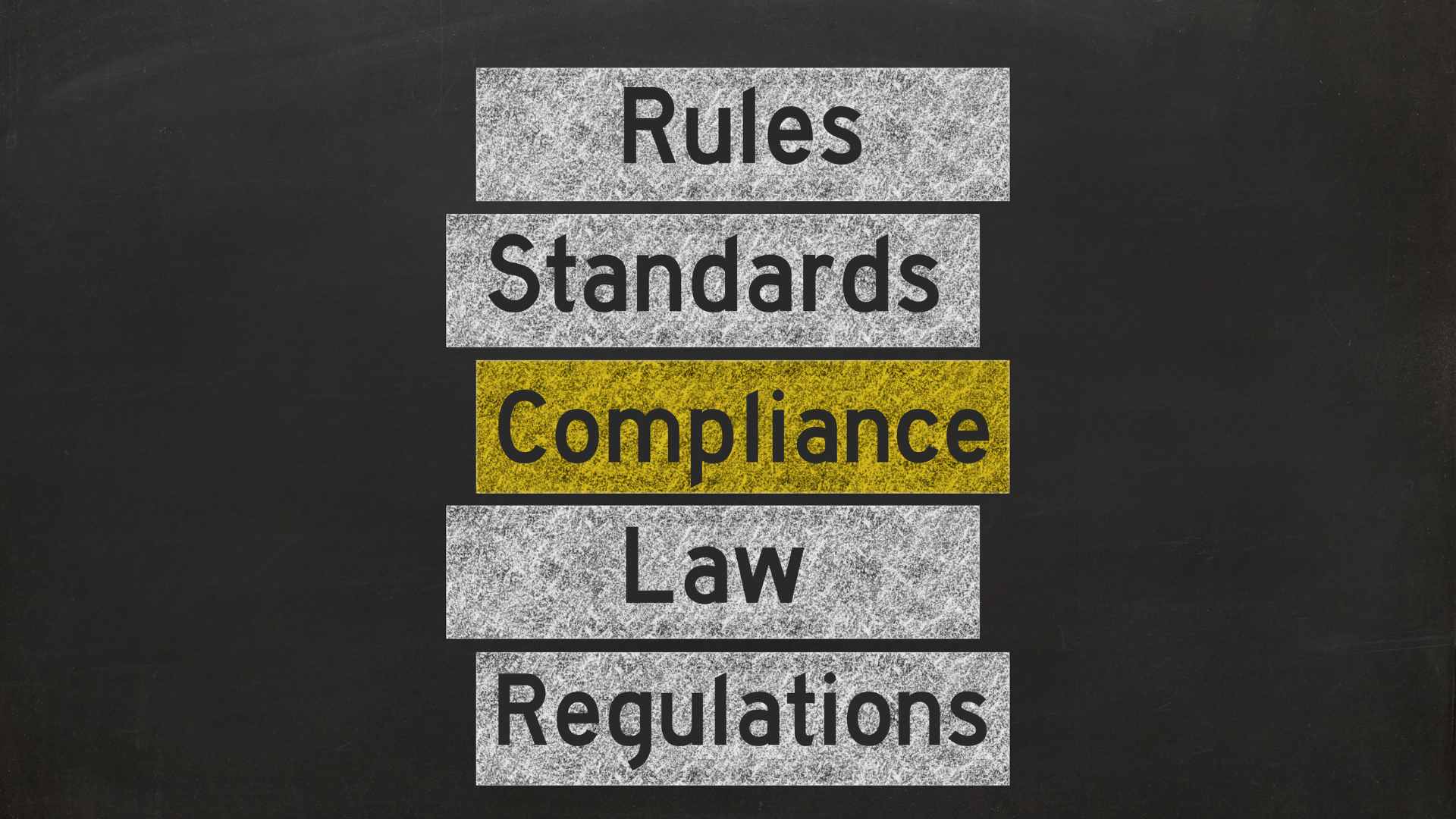VIEW BY TOPIC
- Finding Customers
- Business Systems
- Managing Employees
- Leadership
- Managing Money
Related Posts

Ready to Grow Your Business Fast?
Here’s How I Grew Five Businesses, and Eventually Sold One to a Fortune 500 Company.

As you already know, employees are a crucial aspect of every small business. They give their time, work, commitment, and creativity. So, you want to make sure that you are compensating them in the right way. A performance incentive plans can be a great solution for you.
In addition to payroll, you need to ensure that you create specific performance incentive plans that can motivate your employees to be as productive as they can be. However, the goals that you establish for each performance incentive plan need to be achievable. Otherwise, you will end up with worse employee morale than when you began.
So, what type of performance incentive plans can you use?
You don’t need to use just one performance incentive plan; you can use several at the same time. However, you want to ensure that each one of them is well-defined and with reachable goals.
Here are some of the most used performance incentive plans for small businesses:
#1: Profit Sharing:
Profit-sharing is one of the most common performance incentive plans used by either small and large companies.
Simply put, with this performance incentive plan, the company gathers the funds based on a specific percentage of its annual pre-tax profit. I always recommend that my clients base the profit share on the increase in profits over the previous year. At the end of the year, each employee will get a percentage of this fund depending on their base salary or wage.
One of the disadvantages of using the profit-sharing system is that even the employees who have poor performance are rewarded. The solution can be using a hybrid of this approach; take the entire profit sharing pool and distribute bonuses according to each team member’s individual performance.
#2: Incentive Plan Levels:
In terms of fairness, this type of performance incentive plan can be better than the previous one.
Simply put, the company will have different incentive plans for the different employees depending on their roles within the company. Let’s say that on the production line, you have two employees and one manager. While both employees receive the same, the manager, who is the one responsible, would receive more.
Now, imagine that you have an IT employee who is the one in-charge to have everything working. If he is able to come up with software or an application that can help you reduce your operating costs, he should also get extra compensation.
However, you need to ensure that all levels of the organization are compensated which means the directors need to be too. The top management compensation may include stock options, for example, when the managers are able to maintain good cash flow during a period of crisis.
#3: Sales Commissions:
If your small business sells services or goods, you can adopt the sales commissions incentive plan for your sales people. Simply put, your sales workers will have a base salary and will then earn a commission based on the number of sales they made.
#4: Special Bonus:
Up until now, we have been talking about performance incentive plans that you should have within your company. However, there are special occasions or special projects that you know, can open a lot of doors when they are completed. So, you want to ensure that your employees give their best on this kind of project and ensure that it is delivered before the deadline. This is the perfect situation to offer them a special performance incentive plan. You can decide if you want to pay this bonus to each individual member of the team or if you want to give it to the entire team.
As you can see, there are many different ways that you have to reward the most productive employees. In case you are still wondering why you should adopt this practice, here are some of the main benefits of adopting performance incentive plans:
Employee Motivation:
With more and more complex tasks to complete, it is important to keep your employees motivated. While you can also show your appreciation in other terms, financial compensation is always seen as one of the best ways. Besides, when the employee feels he is appreciated, he will be motivated to continue to perform well and even to improve his skills.
Retain Your Best Employees:
When you want to ensure that you have loyal employees and that you keep the best employees in-house, offering performance incentive plans is a great approach. When the best employees receive good compensation for their efforts, they will be less likely to leave your company.
Employee Measurement and Awareness:
One of the basics of management is that when employees know that they are being measured, performance increases. When you begin measuring important aspects of your business you become armed with valuable information that will help you to make informed decisions.
Conclusion
A well-designed performance incentive plan can have a dramatic impact on a small and growing business. Here’s another article on this topic: Design a Bonus Program for your team.
What kinds of performance incentive plans do you use in your business? Let us know in the comments below.













